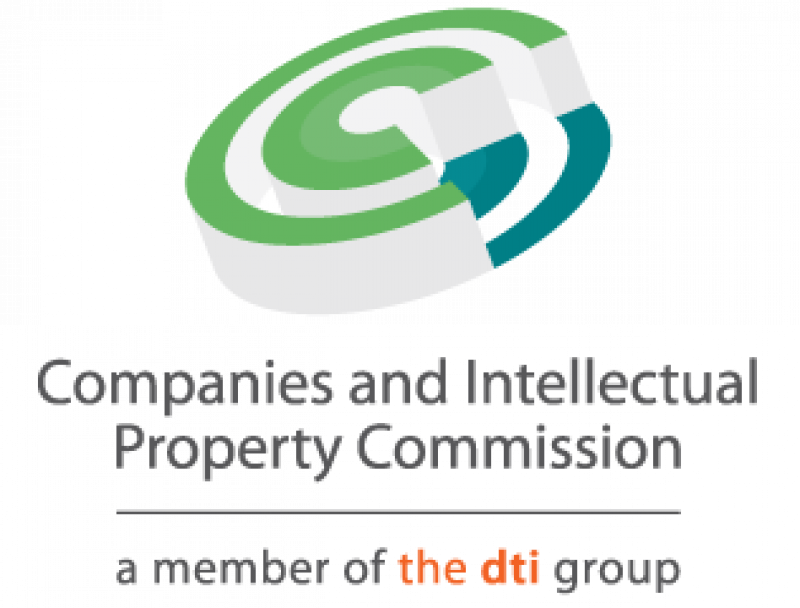CATEGORIES
- (3) Negotiating Tax Debt and Payment Arrangements with SARS
- (2)Account / Profile
- (549)Accounting
- (2)Accounting and Finance
- (28)Audit
- (156)Auditing and Assurance
- (1)Business
- (1)Business Management
- (3)Business Rescue
- (101)CIPC
- (7)Compliance
- (18)Ethics and Professionalism
- (46)Financial Reporting
- (1)Government Funding Applications
- (4)Guides
- (1)Individuals Tax
- (26)Law
- (37)Legal and Compliance
- (2)Management
- (10)Miscellaneous
- (28)Money Laundering
- (1)Personal & Professional Development
- (2)Practice Management
- (2)Professional Ethics
- (3)Public Sector
- (145)Regulatory Compliance and Legislation
- (41)SARS Issues
- (27)Sustainability Reporting
- (37)Tax
- (1)Tax Update
- (9)Technology
- (1)Wills, Estates & Trusts
- Show All
CIPC to enforce BO declaration with AR filings for companies and CCs
- 01 July 2024
- CIPC
- South African Accounting Academy

The requirement for companies and close corporations (CCs), registered with the CIPC, to file Beneficial Ownership information was initiated as a result of the amendments brought about by the General Laws (anti-Money Laundering and Combatting Terrorism Financing) Amendment Act, 22 of 2022, which amended the Companies Act, 2008.
In terms of the amendment, as from 24 May 2023, with the implementation of the relevant Regulations, all companies and CCs must file their Annual Returns with the CIPC, together with the Beneficial Ownership Declaration and security register or beneficial interest register (as applicable), within 30 business days after its anniversary date.
While CIPC customers were initially afforded an “option” to defer the filing of Beneficial Ownership information together with Annual Returns, this will no longer be the case, as from the 1st of July 2024.
The implementation of the hard-stop functionality means companies and CCs will not be able to file their Annual Returns via any of the CIPC electronic platforms unless the Beneficial Ownership Declaration has been submitted and/or is up to date. As per the Act, as amended, Beneficial Ownership Declarations, Annual Financial Statements /Financial Accountability Supplements must be filed with an Annual Return.
The significance of Beneficial Ownership Declaration is to have a repository/register of natural persons who own or exercise effective control over legal entities; to assist law enforcement with relevant information during their investigations of who the ultimate owners of an entity are; and to mitigate the risks identified in the national risk assessment where legal persons were identified as vehicles prone to abuse for money laundering and terror financing activities.
All companies and CCs are required by law to file their Annual Returns with the CIPC during their anniversary month every year. As such, enterprises are required to comply with Beneficial Ownership Declaration filings during the same period. There are several consequences a company or CC may face if Beneficial Ownership information is not up to date. The entity may incur penalties for the late filing of Annual Returns, enforcement action may be taken by the CIPC through investigation into the administration and governance processes of a business and even the issuing of a compliance notice; and/or referral for deregistration and even final deregistration due to non-compliance.
The CIPC encourages its customers not to view the enforcing of Beneficial Ownership filing as a punitive measure, but rather as a collective effort to promote transparency and to minimize the risk of financial crimes in South Africa. In the words of the CIPC Commissioner, Adv. Rory Voller “Promoting a culture of transparency and integrity can elevate South Africa as one of the sought after investor friendly destination and thereby unlock progress towards economic growth and development.”
It is imperative that all companies and CCs ensure compliance with the Beneficial Ownership filing requirements, to ensure good corporate governance and business continuity.
CIPC customers who would like to have more information on the seamless filing of Beneficial Ownership information with Annual Returns can visit https://www.cipc.co.za/?page_id=13979 and /or https://www.cipc.co.za/?page_id=4447 or contact the CIPC Call Centre on 0861002472.
Click here to download the Media Release:
Relevance to Auditors, Independent Reviewers & Accountants:
- The Companies Act and Regulations is yet another piece of legislation that your clients must comply with, and which you must assess compliance with. If they don’t comply with the relevant laws and regulations, you have certain reporting obligations in terms of NOCLAR (NOn-Compliance with Laws And Regulations) – this could include reporting to management, qualifying your audit opinion, reporting a Reportable Irregularity, etc.
- As an auditor, independent reviewer and accountant, you also need to monitor your client’s compliance with the Companies Act and all relevant notices/enforcements/practice notes/customer letters issued by CIPC as the regulator.
- Where you perform these compliance tasks on behalf of your client, you need to ensure that you comply with all relevant notices/enforcements/practice notes/customer letters issued by CIPC as the regulator.
- Your clients will also have to comply with the resultant General Laws (Anti-Money Laundering and Combating Terrorism Financing) Amendment Act regarding anti-money laundering measures to be taken.
- As an auditor, independent reviewer and accountant you need to consider the impact of the Companies Act Regulations on your service offerings, as well as on your client’s beneficial ownership filing obligations – together with the resultant filing of the AFS/FAS when filing the Annual Return (AR).
Relevance to Your Clients:
- An entity (company or close corporation) has a duty to comply with the Companies Act, and all relevant notices/enforcements/practice notes/customer letters issued by CIPC as the regulator.
- Your clients will also have to comply with the resultant General Laws (Anti-Money Laundering and Combating Terrorism Financing) Amendment Act regarding anti-money laundering measures to be taken – and more specifically, the Beneficial Ownership filing requirements – together with the resultant filing of the AFS/FAS when filing the Annual Return (AR).






